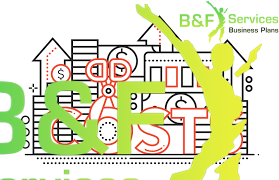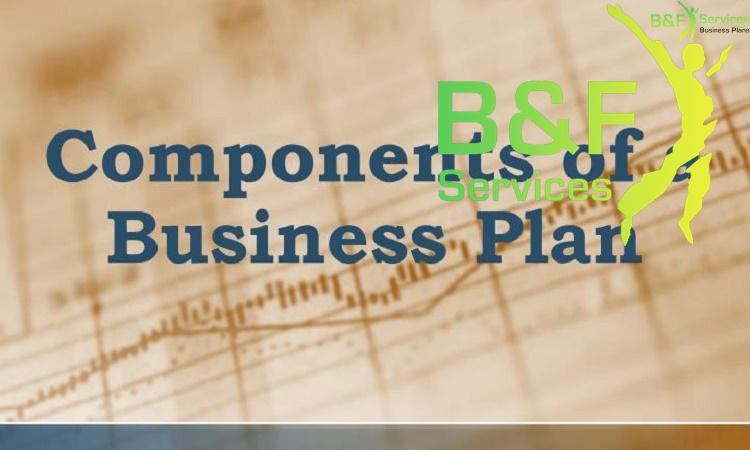

“So… how much would all that come to?” asks the interested investor
“Errmm… I’ll get back to you once all the figures are confirmed”
Now, that response is a cop out. If you mean business then as a founder, you have to sound like it. Many founders and entrepreneurs have little grasp of the financial requirements of their venture. Statistics that suggest around 50% of new venture fail within their first five-years of operation would further support statements such as this. Therefore, the understandings of these requirements are often very poor and for those entrepreneurs who do achieve valuation data, the accuracy is typically substandard. Some of the common mistakes to avoid when gaining a business valuation would include:
- Don’t spend too much money on the business valuation. For a small business spending excess on a business valuation can be seen as wasted and better put to use elsewhere. Therefore, use services that specialise in small businesses.
- However, on the flipside, it is essential not to spend too little. This could result in the business being dramatically under or overvalued, which could lead to a multitude of pitfalls.
- Achieving a business valuation too late in the process. This allows the business to get a true understating on the hindrances and positives when valuing the business.
Key pointers
There are a number of things that a business should be looking out for when starting a business. One of the key decisions is in relation to scale, what size is your business and what level do you want to enter the market. The mistake to make would be to assume that your business must start small. That decision lies in the hand (so to speak) of your aims, goals, objectives and eventual results. This must however, be backed by the market analysis as you want to keep the gap between ideals and reality as small as possible. Although that can be debated.
Then your sector would make the next juncture simply because the type of business you seek to build would determine your finance needs and start up costs. For example, if you were to establish an online business, its start-up costs would be significantly lower than if you were to establish a high-street based store. Seen in the chart below are the results of a survey carried out by The Company Warehouse, a UK based company Formation agent. This demonstrates the industry with the highest average start up budget to be finance and the industry with the lowest average budget to be construction.
| Industry | £0 – £1000 | £1000 – £5000 | £5000 – £10,000 | Over £10,000 | No budget set |
| Construction | 50% | 50% | |||
| Consultancy | 100% | ||||
| Creative | 67% | 33% | |||
| Events | 50% | 50% | |||
| Finance | 25% | 75% | |||
| Food | 75% | 25% | |||
| Health | 22% | 11% | 22% | 11% | 33% |
| Leisure | 25% | 25% | 25% | 25% | |
| Property | 13% | 13% | 38% | 38% | |
| Recruitment | 25% | 75% | |||
| Retail | 29% | 29% | 14% | 29% | |
| Service | 38% | 31% | 31% | ||
| Tech | 67% | 33% | |||
| Trades | 38% | 13% | 13% | 13% | 25% |
| Transport | 50% | 50% |
Once your scale and sector are specified, you now how to find a realistic enough model or representation of what you seek to do in the current business arena that can provide useful data for your cost and projections. What are competitors charging? Who has the largest market share? What are independent providers doing in the space? How quickly does each scenario assist market entry? How long would you take to break even and when can you actually start trading? These are useful and crucial questions. Entrepreneur, a start-up and small business specialist, recommends that the first step of a small business is aiming to work out the business’s requirements would be a solid business plan. They state that having an understanding as to the costs, allows you to plan and mitigate for possible future outcomes. It is suggested that the key is to look at your business expenses as individual components. By doing this the costs for the following three factors can be estimated:
- Spend on assets.
These are all of the items of a business that will be used over the long-term. This could include things such as furniture, shelving, equipment etc. For this, research should be carried out for each item, allowing for a comprehensive list of costs to be formed.
- Spend on Expenses.
Not everything that is purchased is classed as an asset. For this category monthly expense would need to be included. This would include things such as legal costs, professional services etc.
- Cash needed in the bank.
The final piece of the puzzle is knowing how much cash you’ll need to have in the bank for the early months while your start-up is ramping up and not generating enough sales to cover costs and expenses.
Depending on the outcome of all the prior steps you would have costs or values associated with some or all of these items: which are categorised as START-UP COSTS
- Premises
- Equipment
- Utilities
- Stock and Goods
- Professional Services
- Staffing
- Sales and Marketing
- Finance
- Cost of goods and associated costs
- Remuneration and Wages
These should be categorised for the phase covering conception to trading. The time when the business cannot generate any revenue. Therefore the business owner has to make provisions for financing this aspect of the business prior to actually trading. The operational costs or running costs can be categorised for the period following the business’ establishment and subsequent trading.
Please contact our team if you are interested in knowing how best to value your startup or project on costs and investments. Our team are available to assist on 020 3637 6365 or email








